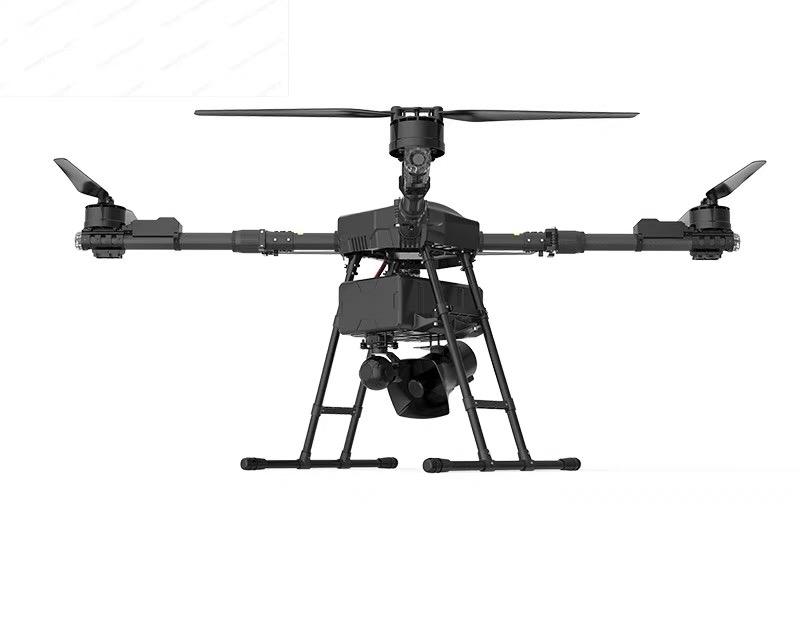In recent years, the development and implementation of drone swarms have been increasingly prominent in the strategic operations of US military bases. These advancements are revolutionizing the way the military approaches both defense and offense. The ability to deploy multiple drones simultaneously offers a multitude of benefits but also presents certain challenges that need to be addressed. This article explores the multifaceted impact of drone swarms on military base operations, emphasizing both opportunities and obstacles.
Advantages of Implementing Drone Swarms
The introduction of drone swarms holds numerous advantages for US military bases. Firstly, these swarms significantly enhance surveillance capabilities. A collective group of drones can cover vast areas quickly, providing real-time data and imagery, which is essential for informed decision-making processes at military bases. The increased coverage means that the bases can monitor surrounding areas more effectively, identifying potential threats with a higher degree of accuracy.
holds numerous advantages for US military bases. Firstly, these swarms significantly enhance surveillance capabilities. A collective group of drones can cover vast areas quickly, providing real-time data and imagery, which is essential for informed decision-making processes at military bases. The increased coverage means that the bases can monitor surrounding areas more effectively, identifying potential threats with a higher degree of accuracy.
Moreover, drone swarms are highly adaptable, capable of performing a variety of tasks from reconnaissance to targeted strikes. This flexibility ensures that the military can adjust its strategy in response to changing circumstances, thus maintaining operational superiority. Additionally, the use of drones minimizes human risk in potentially dangerous situations, preserving the lives of military personnel who would otherwise be exposed to harm.
Challenges and Concerns
Despite these advantages, the integration of drone swarms also introduces significant challenges. Chief among these is the issue of cybersecurity. As with any advanced technology, there is a risk of cyberattacks, which could compromise the functionality of the drones or lead to unauthorized access and control. The military must invest in robust cybersecurity measures to prevent such incidents, ensuring the integrity and security of their operations.
The logistical aspects of managing a drone swarm also present hurdles. Proper coordination, effective communication systems, and efficient training programs are essential to maximize the potential of these technologies. Without these elements, the risk of operational failure increases significantly. Additionally, there’s a need for continuous maintenance and upgrades to keep the technology at the cutting edge.
Another notable challenge is related to ethical and legal considerations. The deployment of drones in military operations often raises concerns about surveillance, privacy, and collateral damage, which require careful examination and regulation.
Future Prospects
The future of drone swarms in military operations is promising, with ongoing research and development aimed at overcoming current challenges and expanding their capabilities. Advances in AI and machine learning are expected to play a pivotal role in enhancing the intelligence of drone operations, allowing swarms to make autonomous decisions and execute more complex missions.
The increasing collaboration between military organizations and private technology companies is likely to drive innovation, resulting in more efficient and effective drone systems. This cooperation will help ensure that drone technology evolves in line with the strategic needs of the military, offering even greater operational advantages.
FAQs
Q1: How do drone swarms improve military base security?
A1: Drone swarms enhance security by providing extensive surveillance coverage, real-time data collection, and quick response capabilities, all of which contribute to the timely detection and neutralization of potential threats.
Q2: What are the main concerns with drone swarm technology?
A2: The primary concerns include cybersecurity vulnerabilities, logistical coordination challenges, and ethical issues related to surveillance and potential collateral damage.
Q3: Are there legal regulations for military drone usage?
A3: Yes, military drone operations are subject to both domestic laws and international regulations that govern their use, ensuring accountability and minimizing unintended consequences.
